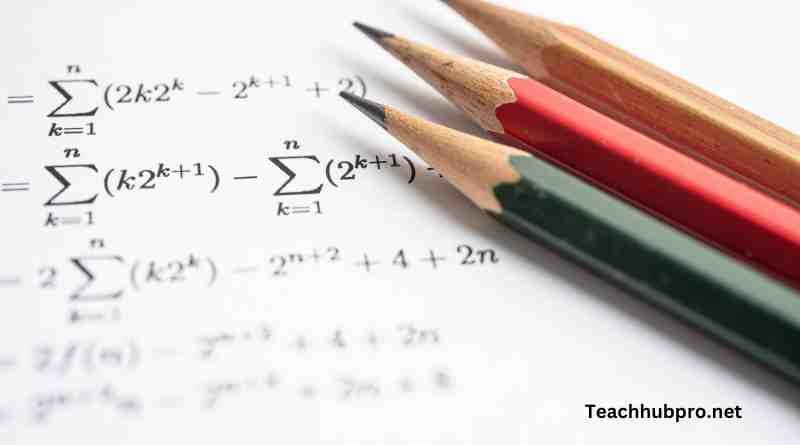Math About Me: Exploring Personal Narratives Through Mathematical Concepts

Introduction
Mathematics is often perceived as a cold and abstract subject, devoid of personal connection. However, beneath the surface of equations and theorems lies a rich tapestry of individual experiences and narratives. In this article, we delve into the fascinating intersection of mathematics and personal identity, exploring how mathematical concepts can illuminate aspects of our lives and identities. Through personal narratives and mathematical insights, we aim to showcase the profound ways in which math shapes our understanding of ourselves and the world around us.
wellhealthorganic stress management
1. The Language of Numbers: A Universal Identity
Numbers are the foundation of mathematics, serving as a universal language that transcends cultural and linguistic barriers. From the moment we learn to count, numbers become an integral part of our lives, shaping our interactions with the world. Whether it’s calculating the cost of groceries or measuring time, numerical concepts permeate our daily routines, offering a unique lens through which to view our experiences.
Consider the simple act of counting. For some, counting may evoke memories of childhood games or academic challenges. For others, it may symbolize milestones achieved or obstacles overcome. Regardless of the context, the language of numbers provides a framework for understanding our place in the world. By examining our relationship with numbers, we gain insight into our identities and the diverse paths that have led us to this moment.
2. Patterns and Predictions: Finding Order in Chaos
One of the most captivating aspects of mathematics is its ability to uncover patterns and predict outcomes. From the Fibonacci sequence to fractals, mathematical patterns abound in nature and the world of human endeavor. These patterns offer a glimpse into the underlying order of the universe, inviting us to explore the interconnectedness of seemingly disparate phenomena.
In our personal lives, patterns emerge in unexpected ways. Whether it’s the recurrence of certain events or the rhythms of our daily routines, we are surrounded by recurring motifs that shape our experiences. By applying mathematical principles to analyze these patterns, we can gain a deeper understanding of ourselves and the forces that govern our lives.
3. Geometry of Self: Exploring Spatial Identities
Geometry, the study of shapes and spatial relationships, offers a unique perspective on personal identity. Just as geometric figures possess distinct properties and characteristics, so too do individuals occupy unique spaces within the social and cultural landscape. By examining the geometry of self, we can uncover the hidden dimensions of our identities and explore the intersections between space, perception, and self-concept.
Consider the concept of symmetry, for example. In geometry, symmetry refers to a balanced arrangement of parts around a central axis. In the realm of personal identity, symmetry may manifest as harmony between different aspects of the self, such as gender identity, cultural heritage, and individual aspirations. By reflecting on our own symmetry—or lack thereof—we can gain insight into the complexities of identity formation and the quest for balance in a diverse and ever-changing world.
errordomain=nscocoaerrordomain&errormessage=could not find the specified shortcut.&errorcode=4
4. Calculating Possibilities: Navigating Life’s Choices
Life is full of uncertainties and choices, each with its own set of risks and rewards. In the face of uncertainty, mathematics offers valuable tools for decision-making and risk assessment. Whether it’s calculating probabilities or analyzing data, mathematical techniques can help us navigate life’s complexities and make informed choices about our future.
Consider the concept of probability, which lies at the heart of decision theory and risk analysis. By quantifying the likelihood of different outcomes, we can assess the potential consequences of our actions and make rational decisions based on evidence and logic. Whether it’s choosing a career path, making financial investments, or pursuing personal relationships, the principles of probability can guide us through life’s myriad choices with confidence and clarity.
Conclusion
In conclusion, “Math About Me” offers a compelling framework for exploring personal narratives through mathematical concepts. By examining the language of numbers, patterns and predictions, the geometry of self, and the calculation of possibilities, we gain valuable insights into the diverse facets of our identities and experiences. Through the lens of mathematics, we can uncover hidden patterns, make informed decisions, and navigate the complexities of life with confidence and clarity. As we continue to explore the intersection of mathematics and personal identity, let us embrace the power of numbers to illuminate the richness and complexity of the human experience.
Visit also; check







